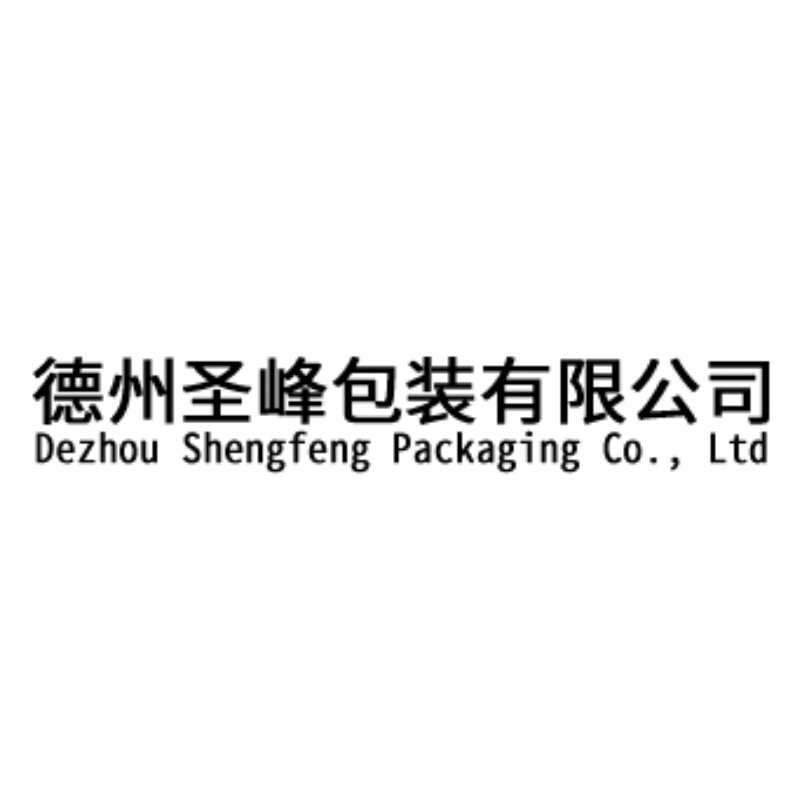Introduction to Bulk Bags, Storage & Transportation FIBCs, Industrial Packaging Sludge Bulk Bags, Eco-Friendly Space Bags, and Logistics Handling
Models available:
L90cm × W90cm × H (Height)
L95cm × W95cm × H
L100cm × W100cm × H
L110cm × W110cm × H
Material:
Polypropylene (PP) material, customizable.
Bulk bags, also known as Flexible Intermediate Bulk Containers (FIBCs), are large, flexible containers designed for the storage and transportation of bulk materials. These bags are widely used in various industries due to their versatility, cost-effectiveness, and efficiency. This article provides a comprehensive overview of bulk bags, including their types, parameters, features, advantages, application scenarios, and a detailed product parameter table. Additionally, a FAQ section addresses common questions about these essential industrial tools.
Types of Bulk Bags
1. Standard Bulk Bags: These are the most common type of FIBCs, used for general-purpose storage and transportation of dry, flowable materials such as sand, grains, and chemicals.
2. Storage & Transportation FIBCs: Specifically designed for the safe and efficient movement of goods, these bags are reinforced to withstand the rigors of logistics handling.
3. Industrial Packaging Sludge Bulk Bags: These specialized bags are used for the containment and disposal of industrial sludge, ensuring safe and eco-friendly handling of hazardous materials.
4. Eco-Friendly Space Bags: Made from recyclable materials, these bags are designed for environmentally conscious applications, reducing the carbon footprint of industrial operations.
Key Parameters
- Capacity: Typically ranges from 500kg to 2000kg.
- Size: Customizable, but standard sizes are available.
- Material: Polypropylene (PP) is the most common material, but other materials like polyethylene (PE) and coated fabrics are also used.
- Safety Features: Includes UV protection, anti-static properties, and food-grade certification for specific applications.
Features
- Durability: High tensile strength ensures the bags can withstand heavy loads and rough handling.
- Flexibility: Can be easily folded or stacked when empty, saving storage space.
- Customizability: Available in various sizes, shapes, and with additional features like liners or discharge spouts.
- Safety: Anti-static and UV-resistant options are available for hazardous materials.
Advantages
- Cost-Effective: Reduces transportation and storage costs compared to rigid containers.
- Efficient: Easy to fill, transport, and discharge, saving time and labor.
- Versatile: Suitable for a wide range of materials and industries.
- Eco-Friendly: Many bulk bags are recyclable, contributing to sustainable practices.
Application Scenarios
- Agriculture: Storage and transportation of grains, seeds, and fertilizers.
- Construction: Handling of sand, cement, and other construction materials.
- Chemical Industry: Safe containment and transport of powders and granules.
- Waste Management: Disposal of industrial sludge and other waste materials.
- Food Industry: Storage and transport of food-grade materials.
Product Parameter Table
| Parameter | Details |
|--------------------------|------------------------------------------|
| Capacity | 500kg - 2000kg |
| Size | Customizable, standard sizes available |
| Material | Polypropylene (PP), Polyethylene (PE) |
| Safety Features | UV protection, anti-static, food-grade |
| Customizability | Liners, discharge spouts, various shapes|
| Durability | High tensile strength |
| Eco-Friendly Options | Recyclable materials |
FAQ
Q1: What is the maximum capacity of a bulk bag?
A: The maximum capacity typically ranges up to 2000kg, depending on the material and design.
Q2: Are bulk bags reusable?
A: Yes, many bulk bags are designed for multiple uses, especially those made from durable materials like polypropylene.
Q3: Can bulk bags be used for hazardous materials?
A: Yes, specialized bulk bags with anti-static and UV-resistant properties are available for hazardous materials.
Q4: How are bulk bags discharged?
A: Bulk bags can be discharged through bottom spouts, side spouts, or by tilting the bag, depending on the design.
Q5: Are there eco-friendly options for bulk bags?
A: Yes, eco-friendly space bags made from recyclable materials are available for environmentally conscious applications.
Q6: What industries commonly use bulk bags?
A: Bulk bags are widely used in agriculture, construction, chemical, food, and waste management industries.
Q7: How do I choose the right bulk bag for my needs?
A: Consider factors like material type, capacity, safety features, and specific application requirements when selecting a bulk bag.
Q8: Can bulk bags be customized?
A: Yes, bulk bags can be customized in terms of size, shape, and additional features like liners or discharge spouts.
Q9: What are the safety features of bulk bags?
A: Safety features include UV protection, anti-static properties, and food-grade certification for specific applications.
Q10: How do bulk bags contribute to cost savings?
A: Bulk bags reduce transportation and storage costs due to their lightweight and flexible nature, and they save labor during filling and discharging processes.
Conclusion
Bulk bags, including storage & transportation FIBCs, industrial packaging sludge bulk bags, and eco-friendly space bags, are indispensable tools in modern logistics and industrial operations. Their versatility, durability, and cost-effectiveness make them suitable for a wide range of applications across various industries. By understanding their key parameters, features, advantages, and application scenarios, businesses can make informed decisions to optimize their storage and transportation processes. Additionally, the availability of eco-friendly options aligns with the growing emphasis on sustainability in industrial practices. Whether for agriculture, construction, chemical handling, or waste management, bulk bags offer a reliable and efficient solution for bulk material containment and movement.

